Edoardo Albinati | |
|---|---|
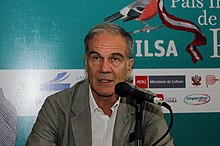 Albinati at the 2018 Santiago International Book Fair | |
| Born | 11 October 1956 (age 64) Rome, Italy |
| Occupation | Writer |
Edoardo Albinati (born 11 October 1956) is an Italian novelist.
Edoardo Albinati | |
|---|---|
 Albinati at the 2018 Santiago International Book Fair | |
| Born | 11 October 1956 (age 64) Rome, Italy |
| Occupation | Writer |
Edoardo Albinati (born 11 October 1956) is an Italian novelist.
Born in Rome, after Albinati started his career as a translator, a script adaptor and as editor of the magazine Nuovi Argomenti . He made his debut as a writer in 1988, with a collection of short stories titled Arabeschi della vita morale. His 1989 novel Il polacco lavatore di vetri was adapted into a film, The Ballad of the Windshield Washers by Peter Del Monte. [1] From the mid-1990s he works at the Rebibbia prison as a teacher. [2] In 2002 and in 2004 he took part to two UN High Commission for Refugees missions in Afghanistan and Chad, also writing several reports published by the newspapers Corriere della Sera and La Repubblica . [2]
In 2004 Albinati won the Viareggio Prize with the novel Svenimenti. In 2006 he co-wrote with actor Filippo Timi the novel Tuttalpiù muoio, which later Timi adapted into a stage drama. In 2015 he collaborated with Matteo Garrone for the screenplay of the fantasy film Tale of Tales . In 2016 he won the Strega Prize with the semi-autobiographical novel La scuola cattolica. [1] [2]
Selected English Translations
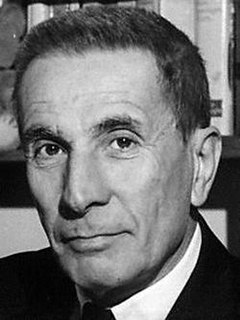
Dino Buzzati-Traverso was an Italian novelist, short story writer, painter and poet, as well as a journalist for Corriere della Sera. His worldwide fame is mostly due to his novel The Tartar Steppe, although he is also known for his well-received collections of short stories.

Tommaso Landolfi was an Italian author, translator and literary critic. His numerous grotesque tales and novels, sometimes on the border of speculative fiction, science fiction and realism, place him in a unique and unorthodox position among Italian writers. He won a number of awards, including the prestigious Strega Prize.

Alberto Moravia was an Italian novelist and journalist. His novels explored matters of modern sexuality, social alienation and existentialism. Moravia is best known for his debut novel Gli indifferenti (1929) and for the anti-fascist novel Il Conformista, the basis for the film The Conformist (1970) directed by Bernardo Bertolucci. Other novels of his adapted for the cinema are Agostino, filmed with the same title by Mauro Bolognini in 1962; Il disprezzo, filmed by Jean-Luc Godard as Le Mépris ; La Noia (Boredom), filmed with that title by Damiano Damiani in 1963 and released in the US as The Empty Canvas in 1964 and La ciociara, filmed by Vittorio De Sica as Two Women (1960). Cédric Kahn's L'Ennui (1998) is another version of La Noia.

The Strega Prize is the most prestigious Italian literary award. It has been awarded annually since 1947 for the best work of prose fiction written in the Italian language by an author of any nationality and first published between 1 May of the previous year and 30 April.

Ennio Flaiano was an Italian screenwriter, playwright, novelist, journalist, and drama critic. Best known for his work with Federico Fellini, Flaiano co-wrote ten screenplays with the Italian director, including La Strada (1954), La Dolce Vita (1960), and 8½.
Alessia Marcuzzi is an Italian television host and actress.

Giuseppe Musolino, also known as the "Brigante Musolino" or the "King of Aspromonte", was an Italian brigand and folk hero.

Mario Soldati was an Italian writer and film director. In 1954 he won the Strega Prize for Lettere da Capri. He directed several works adapted from novels, and worked with leading Italian actresses, such as Sophia Loren and Gina Lollobrigida.

Corrado Alvaro was an Italian journalist and writer of novels, short stories, screenplays and plays. He often used the verismo style to describes the hopeless poverty in his native Calabria. His first success was Gente in Aspromonte, which examined the exploitation of rural peasants by greedy landowners in Calabria, and is considered by many critics to be his masterpiece.

Alessandro Barbero is an Italian historian, novelist and essayist.
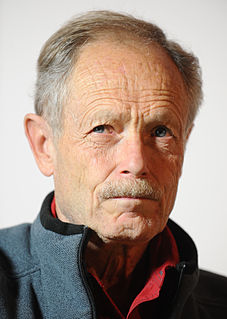
Enrico "Erri" De Luca is an Italian novelist, translator and poet. He has been recognized by critic Giorgio De Rienzo of Corriere della Sera as "the writer of the decade". He is also known for his opposition to the Lyon-Turin high speed train line, and is being sued for having called for its sabotage. On October 19, 2015 Erri De Luca was cleared of inciting criminal damage. He reacted to the not-guilty verdict declaring that "An injustice has been avoided."
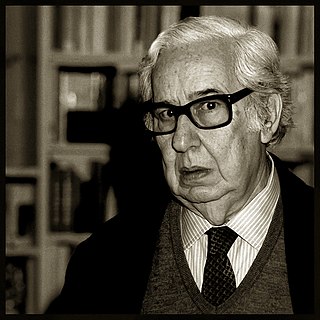
Michele Prisco was a prolific Italian journalist, critic, and novelist.
Giampaolo Rugarli was an Italian novelist.

Emiliano Reali ; born November 3, 1976 in Rome, is an Italian writer and blogger. Some of his books have been translated into English. He currently lives in Rome.

Milena Agus is an Italian author from Sardinia. She is one of the leading novelists in the so-called Sardinian Literary Spring which began in the 1980s and which includes other international names such as Michela Murgia.
Nicola Lagioia is an Italian writer.

Guido Piovene was an Italian writer and journalist.
Raffaello Brignetti was an Italian writer. He grew up on the island of Elba where his father was a lighthouse keeper. He moved to Rome in the middle of the Second World War, and spent a couple of years in German labour camps. He studied modern Italian literature at university, graduating in 1947. He was a disciple of Ungaretti, in common with other young idealistic intellectuals of his era such as Leone Piccioni, Silori Luigi, Mario Petrucciani, Elio Filippo Accrocca, etc.
Ermanno Rea was an Italian novelist, essayist and journalist.
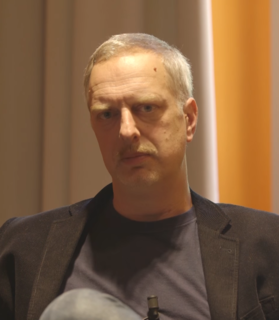
Antonio Scurati is an Italian writer and academic. In 2019, he was awarded the prestigious Strega Prize for his novel M. Il figlio del secolo (2018).
| | This biographical article about an Italian writer or poet is a stub. You can help Wikipedia by expanding it. |